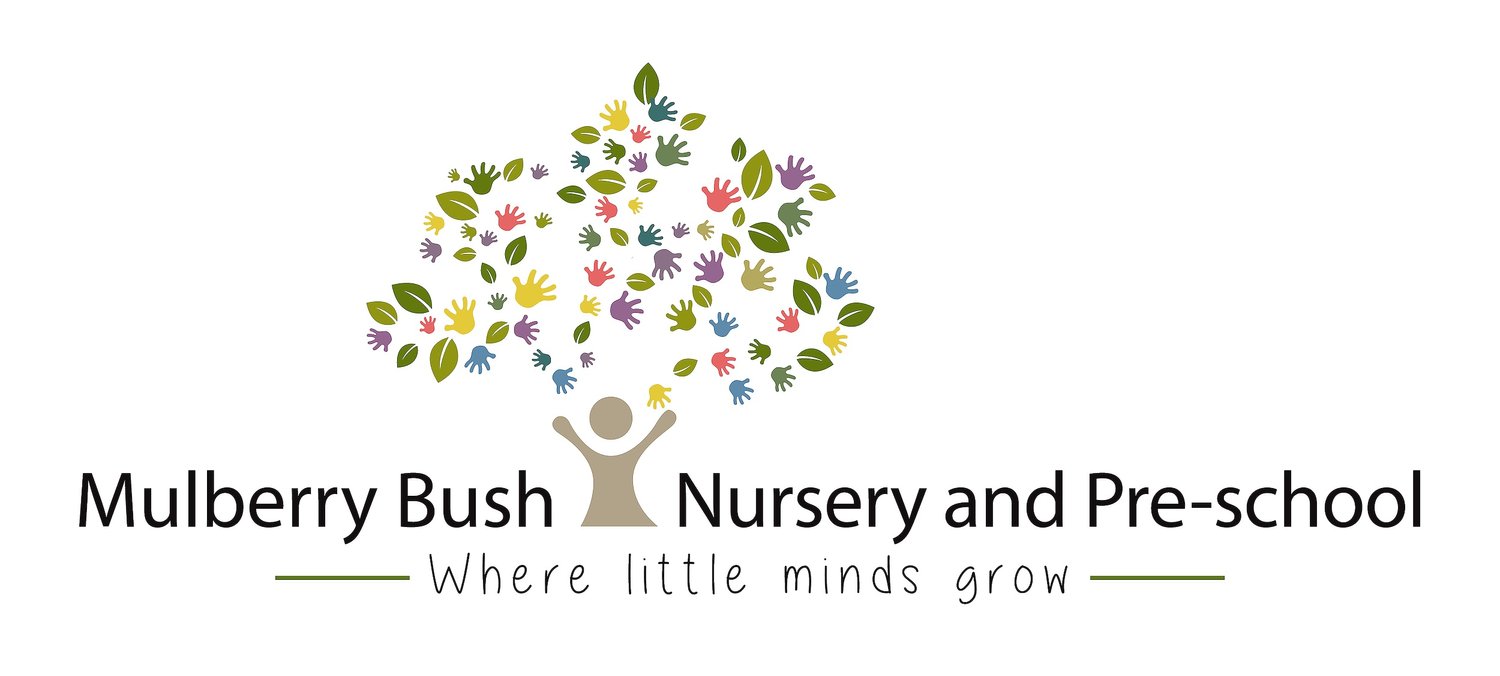Administering medicines Policy
Policy:
While it is not our policy to care for sick children, who should be at home until they are well enough to return to the setting, we will agree to administer medication as part of maintaining their health and well-being or when they are recovering from an illness. We will ensure that where medicines are necessary to maintain health of the child, they are given correctly and in accordance with legal requirements.
In many cases, it is possible for children’s GPs to prescribe medicine that can be taken at home in the morning and evening. As far as possible, administering medicines will only be done where it would be detrimental to the child’s health if not given in the setting. If a child has not had a medication before, especially a baby/child under two, it is advised that the parent keeps the child at home for the first 48 hours to ensure there are no adverse effects, as well as to give time for the medication to take effect.
Our staff are responsible for the correct administration of medication to children for whom they are the key person. This includes ensuring that parent consent forms have been completed, that medicines are stored correctly and that records are kept according to procedures. In the absence of the key person the manager is responsible for the overseeing of administering medication.
It is this settings Policy to be as inclusive as possible which includes admitting children into this setting with any long term medical need or serious conditions which requires medication.
If a child requires medicine for a short term illness, we are unable to administer it at the pre-school. However, parents are able to arrange a time to arrive at pre-school to administer medication for their child.
If a child requires medicine for either a long term complications, a known allergy or an individual medical plan will be drawn up (see below) with the parent this will include dosage instructions and parents will have to sign a parental request for administration of medicine form. If the form is not signed medication can not be administered by staff.
In the case of an allergy or long term medical condition a Medical Plan risk assessment will also be completed. See Medical Plan risk Assessment template.
We are required to take reasonable care of our own and others’ health and safety.
We hold confidential information on children’s health. This needs to be updated regularly. Parents are asked to update the pre-school of any new information relating to their child.
All medicines must be prescribed by a Dr or other medically qualified person. It must be in date and prescribed for the current condition. The child’s own doctor is the person best placed to advise whether a child should or should not be in my setting in regards to a long term medical need or serious condition.
We are unable to administer non prescription medicine such as pain relief or teething gel.
Parents are asked to bring in the smallest practicable amount of the medicine and hand the medicine directly to a member of staff. All medicines should be clearly labelled by the parent with the name of the child, the dosage and the contents, in the original container.
All medicines will be stored in the locked non portable medicine cabinet located in the storage cupboard or in the fridge inaccessible to children depending on the instructions.
If the administration of prescribed medication requires medical knowledge, staff will receive specific training by a health professional before administering any invasive procedures. e.g. Epipens.
No child may self-administer. Where children are capable of understanding when they need medication, for example with asthma, they should be encouraged to tell their key person what they need. However, this does not replace staff vigilance in knowing and responding when a child requires medication.
The child’s key person is responsible for handing medicine back at the end of the day to the parent.
For some conditions, medication may be kept in the setting to be administered on a regular or as-and-when- required basis. It is the responsibility of the Key person to check that any medication held in the setting, is in date and return any out-of-date medication back to the parent.
If children are going on outings, the key person will accompany the children with a risk assessment, or another member of staff is fully informed about the child’s needs and/or medication. Medication for a child is taken in a sealed plastic box clearly labelled with the child’s name and the name of the medication. Inside the box is a copy of the consent form and a card to record when it has been given, including all the details that need to be recorded in the medication record as stated above. On returning to the setting the card is stapled to the medicine record book and the parent signs it. Also see the Outings Policy.
If a child on medication has to be taken to hospital, the child’s medication is taken in a sealed plastic box clearly labelled with the child’s name and the name of the medication. Inside the box is a copy of the consent form signed by the parent.
This procedure should be read alongside the outings procedure.
